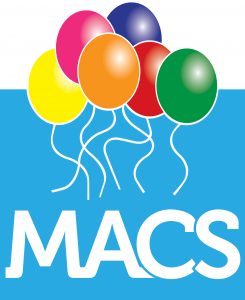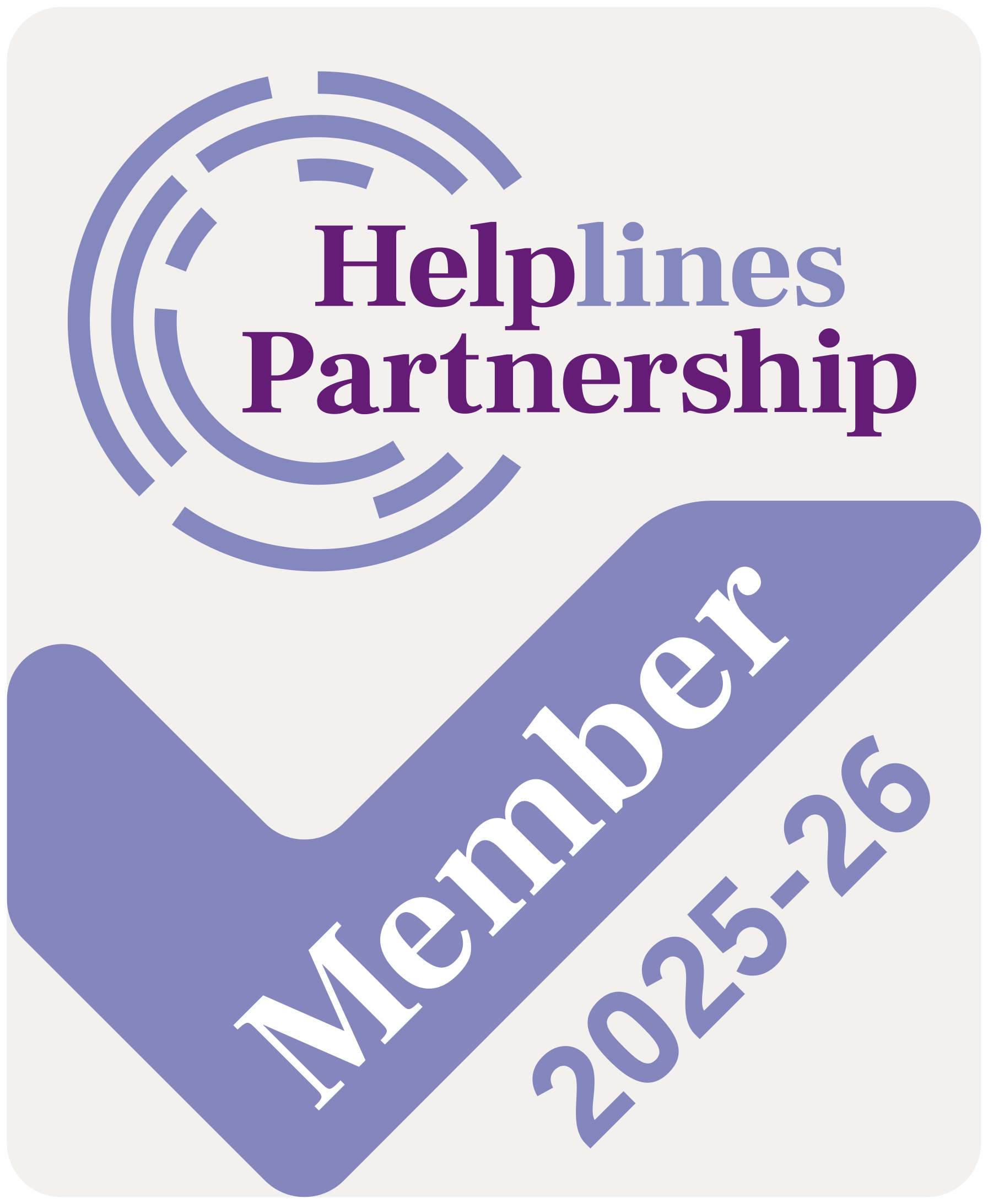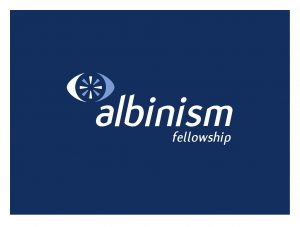
Albinism Fellowship
Albinism is a rare inherited genetic disorder which causes insufficient production of the pigment melanin. Children with albinism are visually impaired, sensitive to sunlight and must protect their skin and eyes from the sun at all times. They can experience bullying and loss of confidence as characteristic pale skin and white hair make them stand out.
Our grant will fund 12 regional family events giving children with albinism the chance to meet others with the condition. Children encourage each other to try new experiences such as sports or learning a musical instrument and they share experiences of life with this genetic disorder.
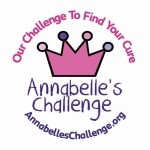
Annabelle’s Challenge
Vascular EDS Syndrome is a life-threatening connective tissue disorder that affects all tissues, arteries and internal organs making them extremely fragile. It can cause sudden death due to arterial or organ rupture at any age. In particular, it affects the skin, lung, uterus, intestine and the vascular system.
Our grant will fund a weekend conference for children with Vascular EDS and their families where they can meet each other and gain vital information from experts in this speciality. Other medical professionals, including cardiologists, ophthalmologists, dermatologists, paediatricians and surgeons, can also attend and learn from the specialists.
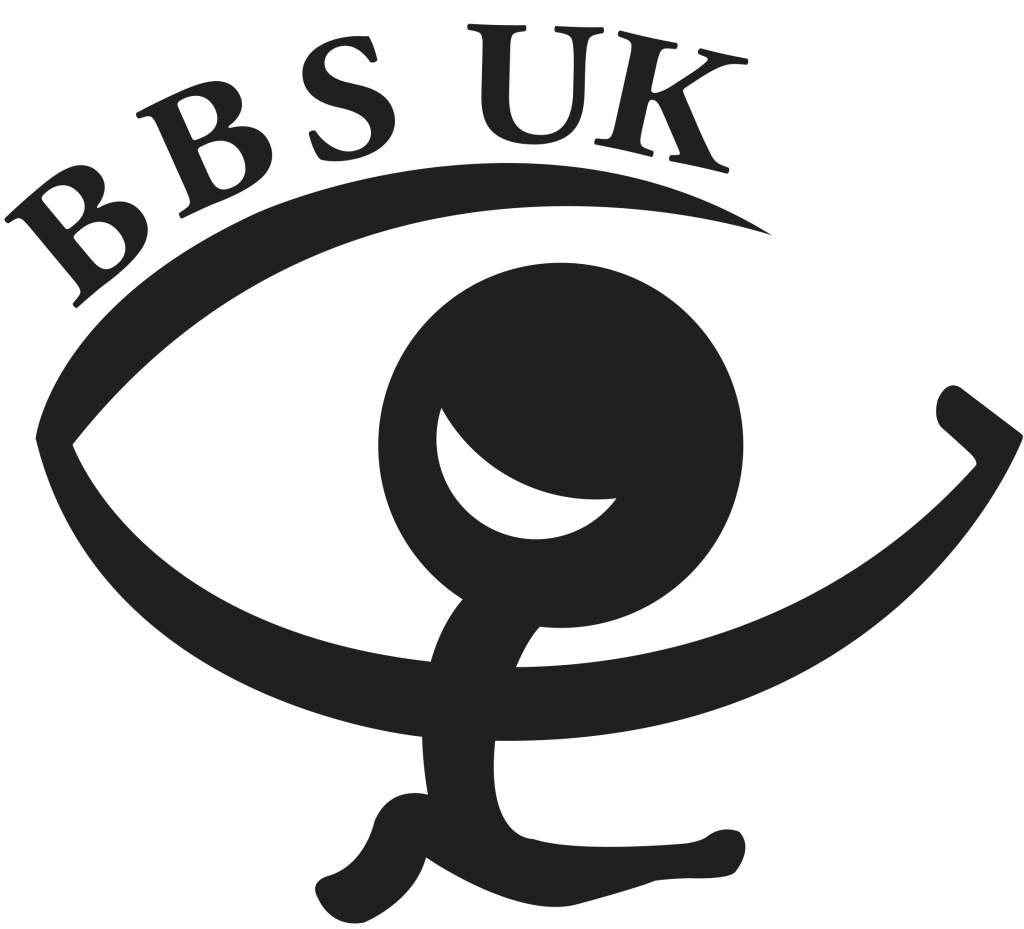
Bardet-Biedl syndrome UK
Bardet-Biedl syndrome is a rare genetic disorder that impacts many parts of the body. Affected children experience developmental delay and learning difficulties; suffer from visual impairment leading to blindness; have long term health problems associated with obesity and kidney abnormalities and have difficulties with speech and language, and balance and coordination.
Our grant will set up an online interactive resource for teenagers and young people affected by Bardet-Biedl syndrome. The grant will also help fund an activity weekend for young people to try new activities and build self-confidence.
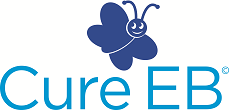
Cure EB (formerly the Sohana Research Fund)
Epidermolysis bullosa (EB) is a group of rare genetic disorders that make the skin very fragile. Blisters, open wounds and sores can form as a result of the slightest touch, rub or trauma. Children affected by even the milder forms of EB suffer blistering on the hands and the soles of the feet, making it difficult for them to walk and perform everyday tasks. The more severe forms of EB cause significant disability, and certain types are fatal in infancy.
Our grant funds a family day where parents are able to discuss research into EB with leading research scientists. Children with EB experience exclusion from everyday activities, due to the risk of skin damage. However, at the fun day, children areable to take part in safe outdoor games, designed to meet their health needs, as well as arts and crafts.
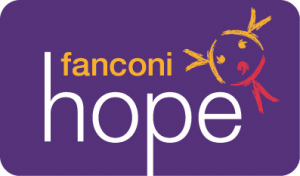
Fanconi Hope
Fanconi Anaemia is a rare, life-limiting genetic disorder causing bone marrow failure in children and a predisposition to gynaecological and head & neck cancers. There are other complications both in childhood and in later life. Whilst the bone marrow failure element can be corrected through bone marrow transplantation from a well-matched donor, there is still no cure for the cancer-predisposing condition.
Our grant will help fund a family conference weekend where medical experts will explain the many aspects of this complex condition. Advances in research and clinical trials will also be outlined. Group and individual counselling will be available to families. Connecting with other families provides an opportunity to overcome the isolation that comes with this rare disorder.
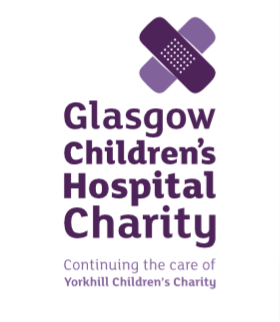
Glasgow Hospital Children’s Charity (Office of rare conditions)
The majority of children with rare conditions who attend the Royal Hospital for Children have a genetic disorder. These include disorders such as Prader Willi, Turner’s Syndrome and FOP. Families report feelings of isolation, frustration at lack of knowledge and expertise on the individual’s rare condition.
Our grant helps fund a series of event days run by the Office of Rare Conditions – supporting children with rare genetic disorders. Events include Christmas parties, a rare diseases fun event, a family information day for medical professionals and families, a neuro muscular event and a patient advisory group event. Our grant also funds information packs.

The Haemophilia Society
Haemophilia is a hereditary bleeding disorder which affects the way blood clots. Children and young people are affected by internal bleeds into joints, muscles and other tissues, which can cause severe pain and have a dramatic effect on their well-being.
Our grant funds one day family events held in five locations across the country. During the family days, parents access medical information and gain knowledge from medical professionals including physiotherapists and nurses. Youth ambassadors share their own experiences and peer support networks are created, which reduces the isolation many families experience
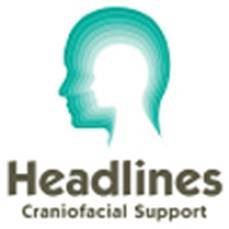
Headlines Craniofacial Support
Craniosynostosis is a condition where two or more plates of the skull prematurely fuse together. This can cause severe disfigurement and difficulties with learning, vision and breathing. Hands and feet can also be affected and it can be fatal. The combination of rarity and disfigurement often leads those affected to feel extremely isolated. The charity also supports other genetic conditions that affect the skull and/or face such as Treacher Collins syndrome and craniofrontal nasal dysplasia.
Our grant will fund the annual family weekend giving children with craniofacial related conditions, and their families, the opportunity to take part in a range of activities such as high ropes, archery, climbing, caving, raft building and team games. The aim is to overcome the physical limitations of their health conditions, break down isolation, build confidence and make friends with other children just like them.

Huntington’s Disease Association
Huntington’s disease (HD) is a genetic disorder that affects the central nervous system. It causes a progressive degeneration of the cells in the brain, which leads to gradual physical, mental and emotional changes, eventually impairing a person’s ability to walk, talk, think and reason. The condition usually develops in adulthood but around 10 per cent of those affected can show symptoms in childhood.
Our grant will support the Youth Engagement Service (HDYES), a confidential service working with anyone aged 11-22 affected by HD and juvenile HD. The HDYES special adviser helps children and young people affected by HD receive the best possible care.

Kabuki UK
Children with Kabuki syndrome have a variety of medical conditions including; congenital heart defects, low muscle tone, feeding difficulties, cleft palate, speech and language difficulties, hearing problems, learning difficulties and kidney abnormalities.
Our grant will fund a Kabuki Information Day with specialist speakers on the genetic disorder and information on research projects. Families will have access to the leading professionals in Kabuki syndrome, be provided with the most up to date research and improve their understanding of the syndrome.

Max Appeal
22q deletion syndromes, including DiGeorge syndrome and Velo-Cardio-Facial syndrome, are genetic disorders which cause a wide range of health complications, including heart defects, seizures, a compromised immune system, speech and language delay, learning difficulties and mental health problems.
Our grant
helps to fund a youth activity weekend
for affected children and young people with complex health and social needs.
Children are encouraged to take part in activities they may never have tried before,
such as: archery, shelter building, outdoor cooking, and assault courses. The
aim is to form friendships and practise skills to help with their own
organisation and independence.
Microphthalmia, Anophthalmia and Coloboma Support
MACS supports children who are born with no eyes (anophthalmia), small eyes (microphthalmia) or part of their eye structure missing (coloboma). As well as experiencing incurable problems related to lack of sight, children affected by these genetic disorders can also have symptoms related to brain development, such as learning difficulties and behavioural problems.
Our grant will fund a sailing trip for a group of visually impaired children, allowing them to improve their independent living skills, their social interaction skills and their overall confidence and self-esteem. Each child will work towards their Competent Crew Certificate.

Newlife
Newlife is the UK’s largest charity funder of children’s specialist disability equipment and the UK’s only provider of a national emergency equipment service for terminally ill children.
Our grant provides essential specialist equipment such as pain-relieving beds, wheelchairs, car seats and portable hoists which will make a real and lasting difference to the lives of individual children and their families affected by genetic disorders.

The Neuromuscular Centre
Muscular dystrophies (MD) are a group of inherited genetic disorders that over time cause the muscles to weaken and waste. Children affected by a muscular dystrophy lose the ability to walk and use their arms and are reliant on a powered wheelchair to get around and 24/7 personal care.
Our grant provides funding for Family Connections – a service to help multiple generations of the same family who are diagnosed with a neuromuscular condition. The service will support young people through the transition of genetic counselling and possible diagnosis of a condition their parent has. Activities and peer support inspire young people to try something new, learn about opportunities and improve a family’s quality of life.
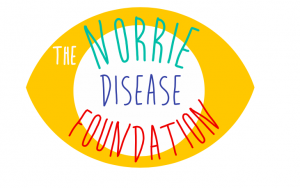
Norrie Disease Foundation
Norrie disease is a rare genetic disorder that causes dual sensory impairment mostly in boys. Affected children are born blind or go blind very early in infancy, whilst progressive hearing loss can start as early as five years old. Half of children affected also experience developmental delays and learning difficulties.
Our grant will go towards pioneering research which has the potential to completely change the lives of those living with the condition – being able to identify why the hearing loss occurs, and when and what treatment to either halt or prevent the hearing loss is of huge importance to the Norrie community. As hearing is so vital to those with visual impairment, developing hearing loss in late childhood/early adulthood is extremely distressing for the individual.
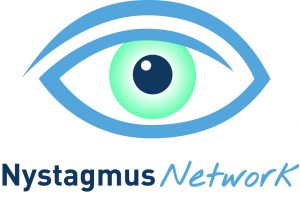
Nystagmus Network
Children with Nystagmus, a form of visual impairment, appear to have wobbly or flickering eyes. Children find it difficult to focus and direct their gaze, can’t make or maintain eye contact and struggle to recognise faces. School work is particularly challenging.
Our grant funds an activity day for children aged 5-15 with nystagmus. Children from across the UK will attend a day of creative play, looked after by adult facilitators who understand the condition, how it impacts on both vision and social interaction
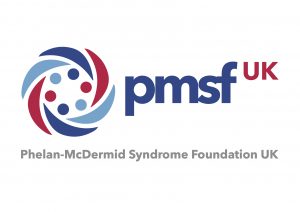
Phelan-McDermid Syndrome Foundation (UK)
Phelan-McDermid syndrome (PMS) is a genetic disorder that affects the transfer of messages within the brain. Most children affected by PMS cannot speak, have autistic-like behaviour and experience low muscle tone, affecting mobility. Children with PMS require 24-hour care. Additional support will be needed their entire life.
Our grant will fund a family day in London, offering families affected by PMS the chance to meet and share stories and resources together. Medical experts also offer invaluable information and clinics.
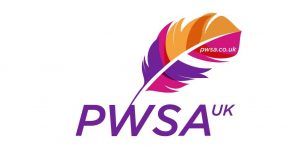
Prader-Willi Syndrome Association UK
Prader-Willi syndrome is a complex genetic disorder that affects many parts of the body. Most commonly, children have weak muscle tone, delayed physical and emotional development and a constant and overwhelming feeling of hunger, which if not controlled will lead to chronic overeating and life-threatening obesity.
Our grant will help fund a new diagnosis pack to provide information and resources to parents of newly diagnosed children.
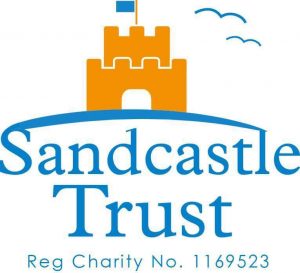
The Sandcastle Trust
The Sandcastle Trust supports families and children with very rare genetic disorders The aim of the charity is to enhance the family life of those affected by rare genetic disorders through holidays, days out and respite breaks. The vision is that no child should miss out on a day out at, for example a theme park, or meeting Santa, because they have a rare genetic disorder.
Our grant will help fund the Sandcastle Santa Campaign – magical days out for children with extremely rare genetic disorders to meet Santa. These accessible days out can be to theme parks, zoos, farms, steam railways and even stately homes.
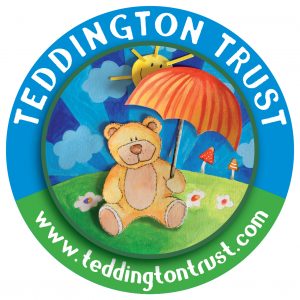
Teddington Trust
Xeroderma Pigmentosum (XP) is a rare genetic disorder that is characterised by the body’s inability to repair the damage to skin that is caused by ultraviolet light from the sun and most sources of artificial light. As a result, children with XP are 10,000 times more likely to develop skin cancer than the general population and so they must be covered completely at all times when they are outside.
Our grant will fund an overnight stay at an outward-bound centre for ten families with pre-teen and teenage children with XP. The centre will be adapted to meet the needs of the children, who need to be in a UV safe environment. It’s a chance for children to take part in activities that they usually miss out on, due to the challenges of the disorder. Children can also attend age-appropriate workshops on the importance of photo-protection.
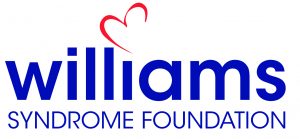
Williams Syndrome Foundation www.williams-syndrome.org.uk
Williams syndrome (WS) causes distinctive facial characteristics, a wide range of learning difficulties and physical and mental health problems including anxiety and depression. Slow weight gain, poor feeding, dehydration, hernias and heart problems commonly occur.
Our grant will help fund an Education, Health and Care Plan (EHCP) support service to ensure children with Williams syndrome have the most appropriate support in their education. Each child will have an assessment with an educational child psychologist at a Child Development and Learning Difficulties Clinic. A detailed report evidences the child’s areas of needs with advice on how to address those needs.
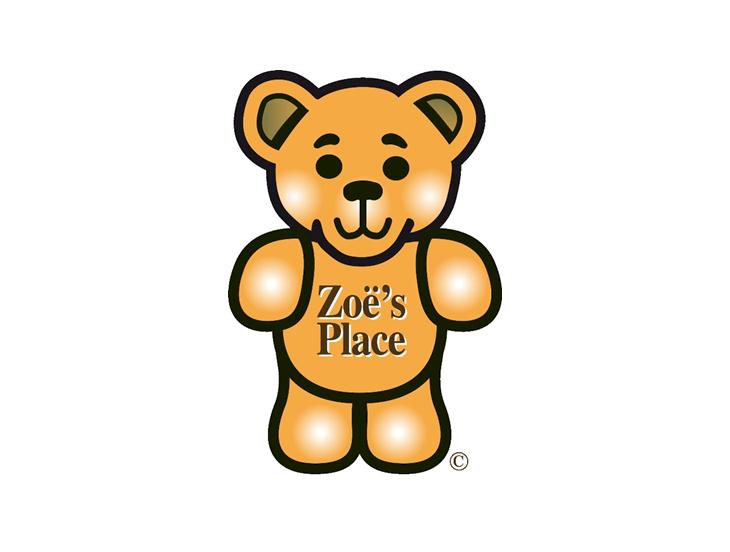
Zoe’s Place Baby Hospice
Zoe’s Place provides respite and end of life care for babies with a life-limiting or life-threatening condition. All require 24 support on a one-to-one basis. The majority of children attending Zoe’s Place are there for respite care, which gives their parents a chance to recharge their batteries or spend time with their other children. Nurses care for children with conditions including Batten Disease, Muscular Dystrophy, Spinal Muscular Atrophy and Cerebral Palsy. The hospice also offers palliative and end of life care to children aged five and under.
Our grant will fund the Zoe’s Place counselling project, supporting families as they face the very real possibility their child will die. Families with children with a genetic disorder will be offered a number of meetings, including family therapy, long-term counselling and family support counselling.

